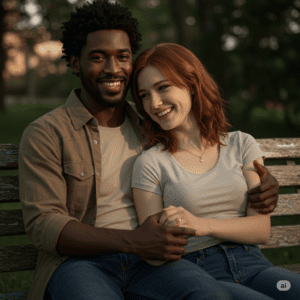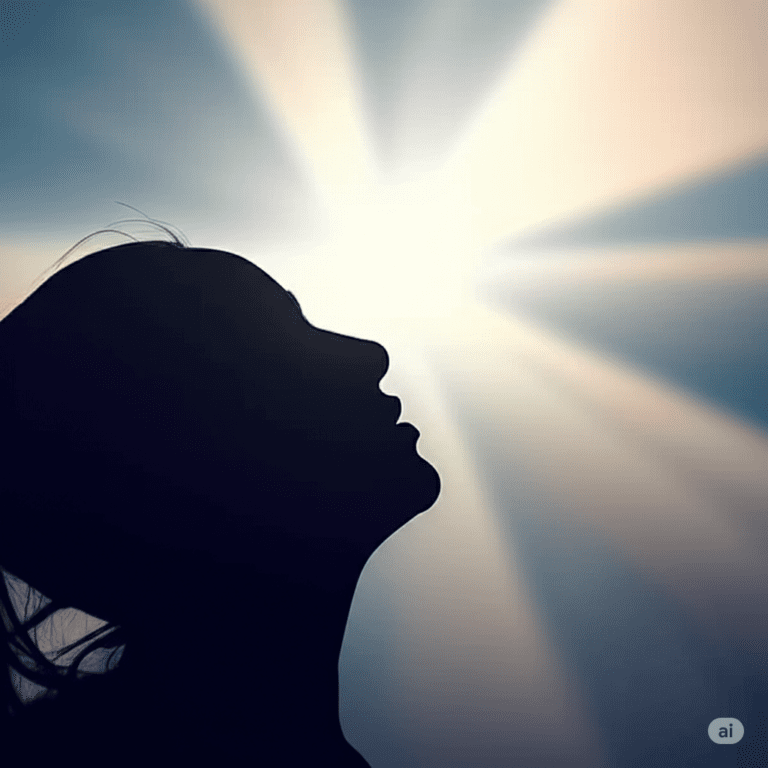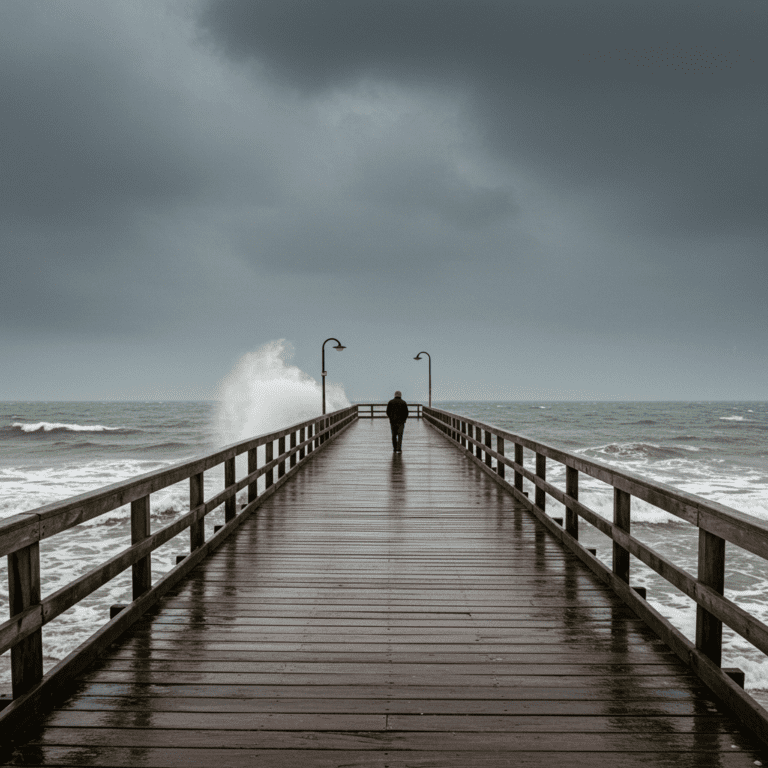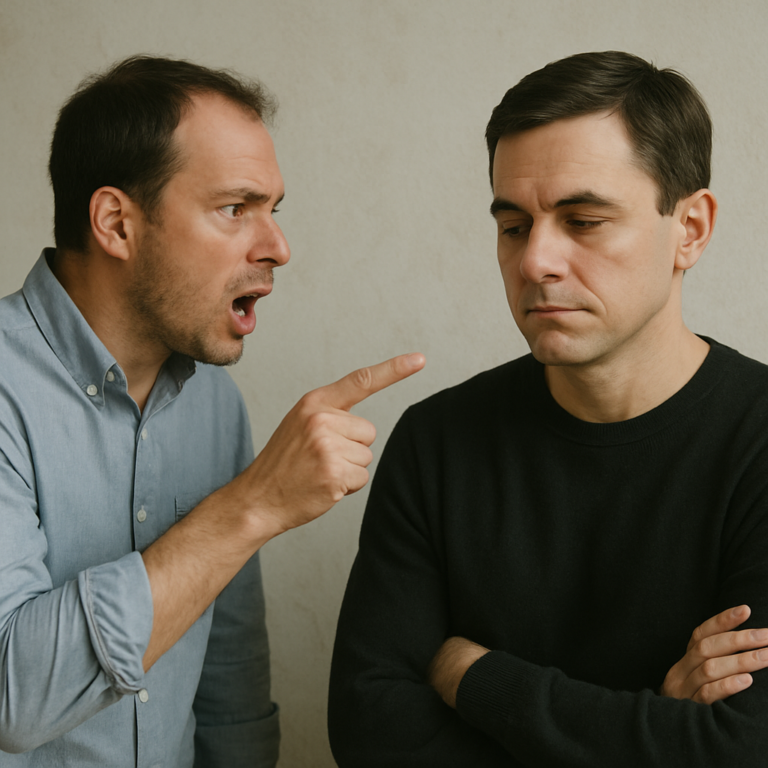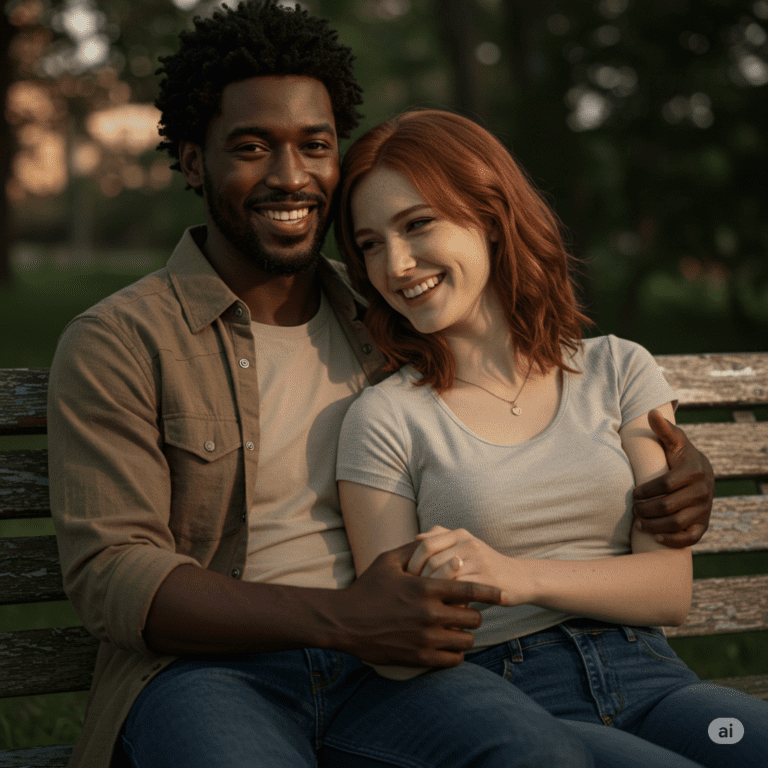When I first stepped away from religion, one of the biggest questions that lingered wasn’t about God—it was about goodness.
If God wasn’t watching, would I still be a good person?
If there was no heaven or hell, would any of it still matter?
For most of my life, morality was tightly bound to belief. I was raised in a Catholic environment where right and wrong were taught as divine commands. The Ten Commandments. The golden rule. The idea that God was not only present, but judging. In that worldview, morality was almost contractual: if you follow the rules, you’re rewarded. If not, you face consequences.
But once I started to question the existence of God, I had to ask: what remains of morality when the rulebook is gone?
The Unexpected Answer: More, Not Less
What I found surprised me.
When I stripped away the divine expectations—the fear of punishment, the desire for reward—I was left with something simpler and more powerful: empathy.
I no longer wanted to do good because it was expected. I wanted to do good because I could see clearly how my actions affected others. When I was kind, it helped someone. When I was cruel or careless, it caused pain. That clarity made my choices feel more moral, not less. Because they came from within, not from fear or obligation.
The Morality in Nature
One thing that helped me see this was looking at animals. A mother elephant protecting her calf. Wolves caring for one another in a pack. There is no Bible for them. No commandments. Just instincts rooted in connection, care, and survival.
As humans, we’re not separate from that. Our ability to reason, reflect, and empathize makes our morality deeper—but not otherworldly. It’s natural. It’s in us.
Without God, I Chose to Be Good—Anyway
Morality without God isn’t about doing whatever you want. It’s about choosing who you want to be, with no divine carrot or stick hanging over your head. I realized that being honest, compassionate, generous, and fair were choices I could still make—because they felt right, not because they were written in stone tablets.
In fact, without the pressure to obey, I felt more responsible for my actions. There was no one else to blame or credit. It was all on me.
And strangely, that made me feel more connected to others. Because if we’re all in this together—with no afterlife scorecard—then kindness matters more, not less.
A New Foundation
I now believe morality comes from empathy, reason, and a sense of shared humanity.
It’s not fragile. It’s not lost without a higher power. In fact, it might be strongest when we take ownership of it ourselves.
If anything, I feel more moral now. Because I’m not living by borrowed rules. I’m living by values I understand, and I can explain why they matter.
Not because I’m being watched.
Not because I’m afraid.
But because I care.
If this post resonated with you, feel free to share or comment.
This space exists for thoughtful, human conversation—no preaching, no judgment.
About the Author:
I’m a former believer, a quiet thinker, and a lifelong seeker of clarity. After decades of faith, I stepped away from religion to rebuild my worldview on honesty, empathy, and reason. This blog is where I reflect on that journey—and explore what it means to live a meaningful, moral life without God.

